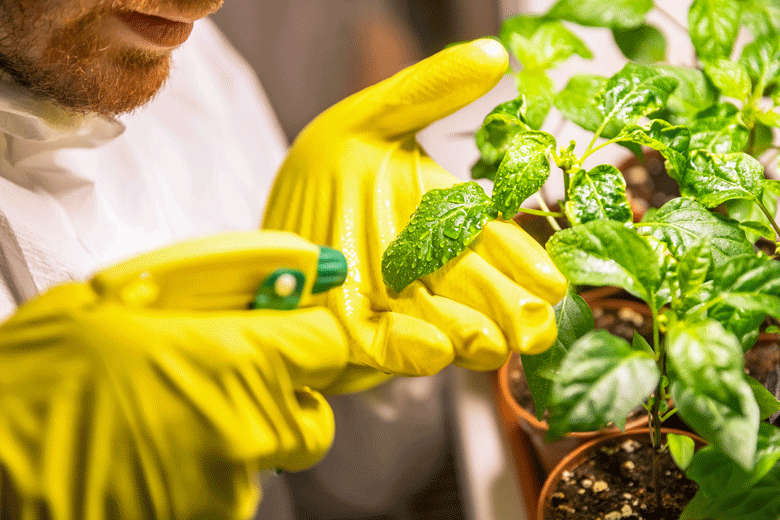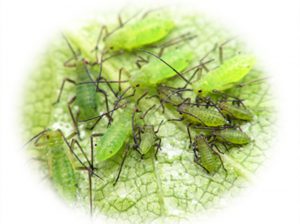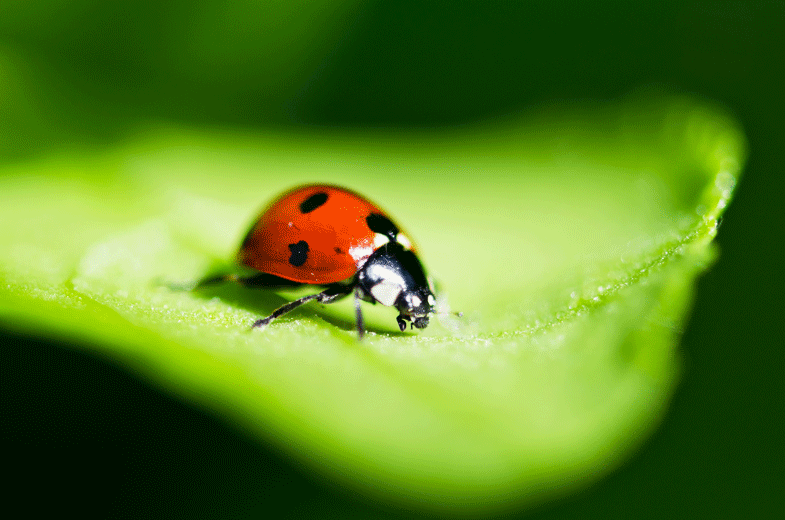
Battling Aphids
Welcome to our comprehensive guide on combating aphids, those pesky little insects that can pose a significant threat to the health and productivity of your cherished Chilli plants. As a passionate gardener, you know how disheartening it can be to witness your plants suffering from aphid infestations, which can stunt growth, deform leaves, and diminish overall plant vitality. But fear not! In this blog post, we will delve into a variety of effective strategies to help you combat aphids on your chilli plants, ensuring they thrive and reward you with a vibrant and abundant harvest.
blog post, we will delve into a variety of effective strategies to help you combat aphids on your chilli plants, ensuring they thrive and reward you with a vibrant and abundant harvest.
By understanding the life – cycle and habits of aphids, as well as utilizing proven strategies, you’ll be equipped to protect your Chilli plants and enjoy a thriving garden filled with robust, healthy, and aphid-free plants.
In the following sections, we will explore a range of methods to combat aphids, from natural predators and manual removal to homemade remedies and organic insecticides. In addition we will provide information on companion plants that can be planted alongside your Chillies to keep the Aphids away.
So, let’s roll up our sleeves, put on our gardening gloves, and dive into the world of aphid control. Together, we’ll empower you with the knowledge and tools to effectively combat these pesky insects, ensuring the well-being of your chili plants and the success of your harvest. Let’s get started!
 Natural Predator Promotion:
Natural Predator Promotion:
Encourage natural predators such as ladybugs, lacewings, and parasitic wasps to help control aphid populations. These beneficial insects feast on aphids, providing a natural and environmentally friendly method of pest control. To attract them to your garden, plant companion flowers like marigolds, daisies, and fennel that attract beneficial insects.
Manual Removal:
For smaller infestations, manually remove aphids by gently spraying your Chilli plants with a strong stream of water or by wiping them off with a damp cloth. This method can be effective in reducing aphid populations and preventing further damage to your plants.
Homemade Remedies:
Create your own organic sprays to deter aphids. Some popular homemade remedies include:
Neem Oil Spray: Dilute neem oil in water according to the package instructions and spray it on affected areas of your plants. Neem oil disrupts aphids’ life cycle and acts as a repellent.
Garlic and Soap Spray: Blend a few cloves of garlic with water, strain the mixture, and add a small amount of liquid soap. Spray this mixture on your chili plants, targeting aphid-infested areas. The strong scent of garlic repels aphids, while the soap suffocates and kills them.
Organic Insecticides:
If the infestation persists and natural remedies prove insufficient, consider using organic insecticides specifically formulated for aphid control. These products are safe for use on edible plants and effectively target aphids while minimizing harm to beneficial insects.
Companion plants
When it comes to deterring aphids on your Chilli plants , there are several companion plants that can come to your rescue. One effective ally is the marigold plant, known for its vibrant blooms and strong scent. Aphids find the scent of marigolds unpleasant, making them less likely to infest your Chilli plants. Another excellent companion plant is the nasturtium, which acts as a natural aphid repellent. Nasturtiums emit a scent that aphids detest, effectively keeping them away from your Chilli plants.
Additionally, herbs like garlic, chives, lemongrass and mint are known for their pungent aromas, which deter aphids and other pests. By interplanting these companion plants alongside your Chilli plants, you create a protective barrier that wards off aphids and promotes a healthier garden ecosystem.
Conclusion:
With these effective strategies and a proactive approach, you can successfully combat aphids on your Chilli plants and ensure a healthy and thriving harvest. Remember, early detection and prompt action are key to preventing aphids from causing significant damage. Embrace organic and environmentally friendly methods to protect your Chilli plants while preserving the balance of beneficial insects in your garden. By employing these techniques and staying vigilant, you’ll be rewarded with vibrant, pest-free chili plants and a bountiful harvest of delicious peppers. Happy gardening!
